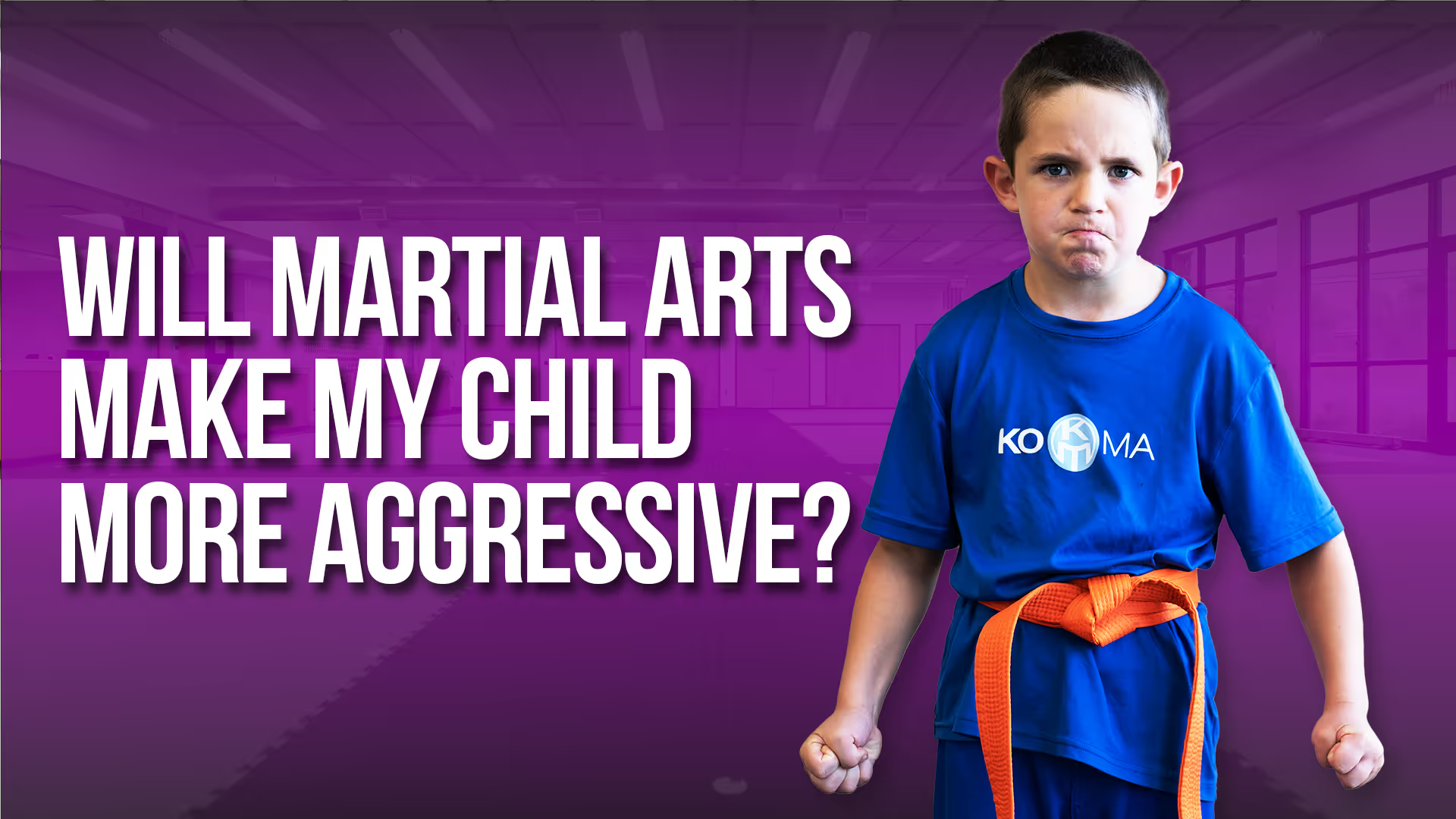The kids and I had been chatting while I drove. We were on our way to see my grandparents out of town. I’d driven this same path for years and knew the road pretty well. Yet, here I found myself pulled over by the flashing lights of a state trooper for speeding. My kids were 6 and 3 at the time. They were mortified, shrinking into their car seats behind me. As the officer returned to his car parked in back of us, my daughter burst into tears. She was a gentle soul and didn’t take well to getting in trouble. She didn’t understand why I wasn’t crying, too.
Have you been there? Not necessarily stopped for speeding, but maybe facing the result of your actions and considering how to explain the situation to your children? What did you do or say? And by doing, or saying, what you did, what did you teach your kids? How did they learn to deal with the results of their actions?
Integrity is doing the right thing even when no one is watching.
I believe we all aspire to be a person of integrity and that we want to instill that quality in our children. It seems like an easy thing to teach, but sometimes it can be challenging. How, then, do you teach them the right thing to do without revealing all of the ‘mistakes’ you’ve made over the years?
Children learn what they see. Modeling the behaviors you want them to learn is by far the best way to teach them. Want them to learn tidiness? Let them see you straightening up. Have them help. Tell them why it’s important to have a neat home. Want them to learn truthfulness? Always be truthful with them. Children have a huge capacity to understand their world as they engage and learn from interacting within it. I also feel it’s important to surround your children with other people of integrity, those who model the behaviors you want your children to develop. This last one can be challenging at times, especially with social media and the pervasiveness of marketing in general. Sadly, not everyone has your child’s, or your, best interests at heart.
Within the framework of learning to become a black belt, students learn behaviors that benefit them, their families, and their world. Integrity is one of those behaviors. Humility, selflessness, and excellence are others. These last three have specific places within our curriculum for every age and rank level - even the instructors.
Excellence comes through detailed repetition.
It is the result of commitment in practicing a behavior day in and day out until it becomes so ingrained one doesn’t think of another way. Lower level students learn to strive for excellence by practicing their form daily and keeping a practice log. Black belts and those students preparing for their black belt testing choose a positive habit to practice daily.
Humility is being confident in your skills and achievements, without the need to let everyone know, and then using those skills to help others.
This can be a tall order because it isn’t modeled well in most of today’s media. Black belt students learn humility through various activities including spending quality time with their family, assisting in class, and taking class as a lower rank student.
Selflessness is giving of oneself and one’s abilities without expecting recognition or return.
This also can be challenging in modern day society with the continual push to achieve and acquire more of everything. Students learn selflessness by completing multiple acts of giving with each act tied to a specific belt rank. Sometimes it’s donating unused or unwanted items to a charity of their choice. Sometimes it’s participating in community service. Sometimes it’s helping clean up the studio after class.
My son and I had not yet started our martial arts training on that eventful day when I was stopped for speeding. So how did I handle it?
I laughed. Yep. But not because I was being defiant. I laughed because I got caught doing something I knew was wrong. And that’s exactly what I told my kids. I explained to them that trying to get out of being in the wrong was wrong. We discussed how my being stopped was a consequence of the choice I had made - not paying attention and speeding. And when they asked me what I was going to do, I told them I would pay the ticket because that was the right thing to do. I modeled the behaviors I wanted my children to learn. I was pleasant to the officer. I said “please” and “thank you”. I smiled. And I taught my children how to accept the consequences of their choices.
We’ve had discussions over the years about choices and consequences. My biggest teaching point has been this,
Every choice you make, good or bad, has a consequence, good or bad, associated with it. If you don’t like the consequence, make a different choice. You must be willing to accept the consequences, good or bad, of any choice you make.
(Oh! and the speeding ticket? Just a warning and a stern, “Slow down for your children!” with a wink.)





